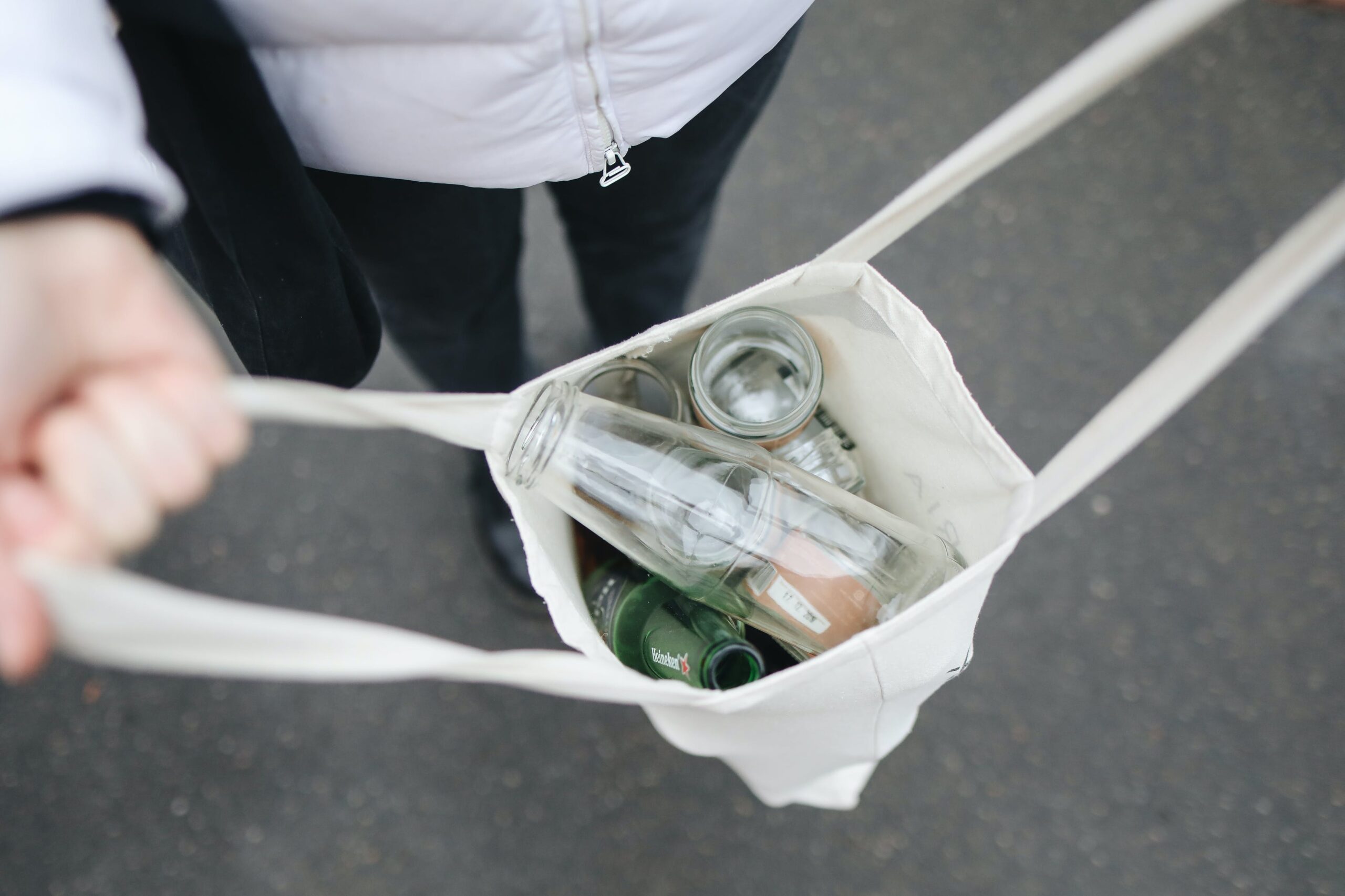Is living more sustainably part of your resolutions for the new year? We’re right there with you! From improving our environment for ourselves, future generations, and our wildlife, there are many good reasons to be more eco-conscious. But change can be daunting, so we’ve compiled a list of simple things you can do today to get started.
Tip #1: Watch Your Water Usage
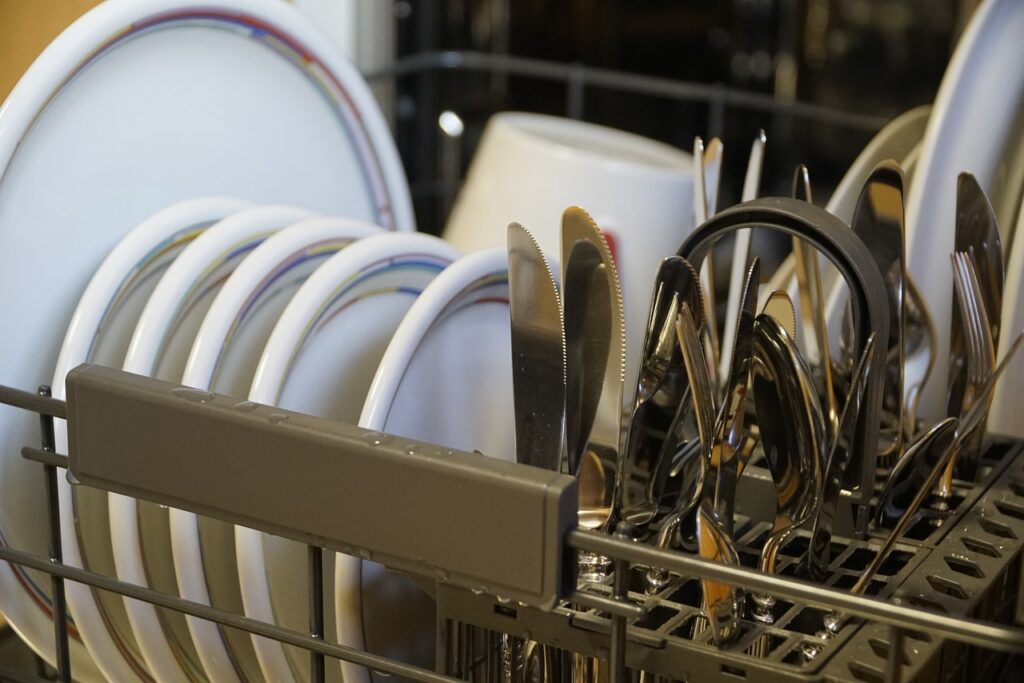
Not only does conserving water save you money, but it also helps to preserve one of our most precious resources. Because although almost 75% of our earth is covered in water, only 3% of it is freshwater, meaning most water is unusable without desalination. And with climate change causing higher temperatures and drought conditions, our worldwide water supply is taxed even further.
What can you do to save water around the house? Replace your washer with a more energy-efficient model. Plant a drought-tolerant, low-water garden. Take care of leaks (toilets, faucets, sprinkler systems) as quickly as possible. Get a rain barrel and use collected water to water plants. Turn the faucet off while brushing your teeth. Wait to use the dishwasher or washing machine until you have a full load. Following these simple practices, we can use at least 20% less water per household—that’s a huge change globally!
Tip #2: Plant a Native Garden
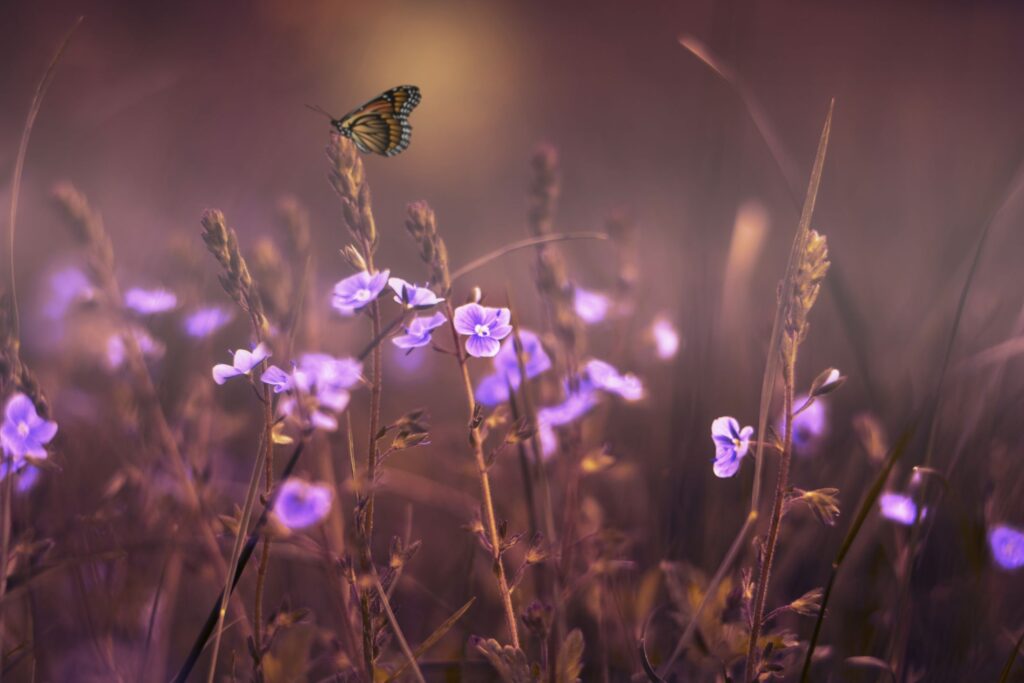
Why are native plants so vital for a balanced ecosystem? Simply put, native plants are adapted to their environment, and require less water and care. They also need less maintenance to thrive in their environment, meaning less use of harmful chemicals from fertilizers, herbicides, and fungicides. Native gardens are better for the environment because they are less taxing to grow and maintain. Plus, they help support local wildlife, like our bird and pollinator populations—and they could use the help.
To start planning your native plant garden, do some research to find the plants native to your area. If you live locally, check out our Native, Bird-Friendly, Drought-Tolerant, and Firewise Plant Guide for the Big Bear Valley.
Check out Chirp’s Native Plant Garden, and visit us to see it in person!
Tip #3: Start a Compost Pile
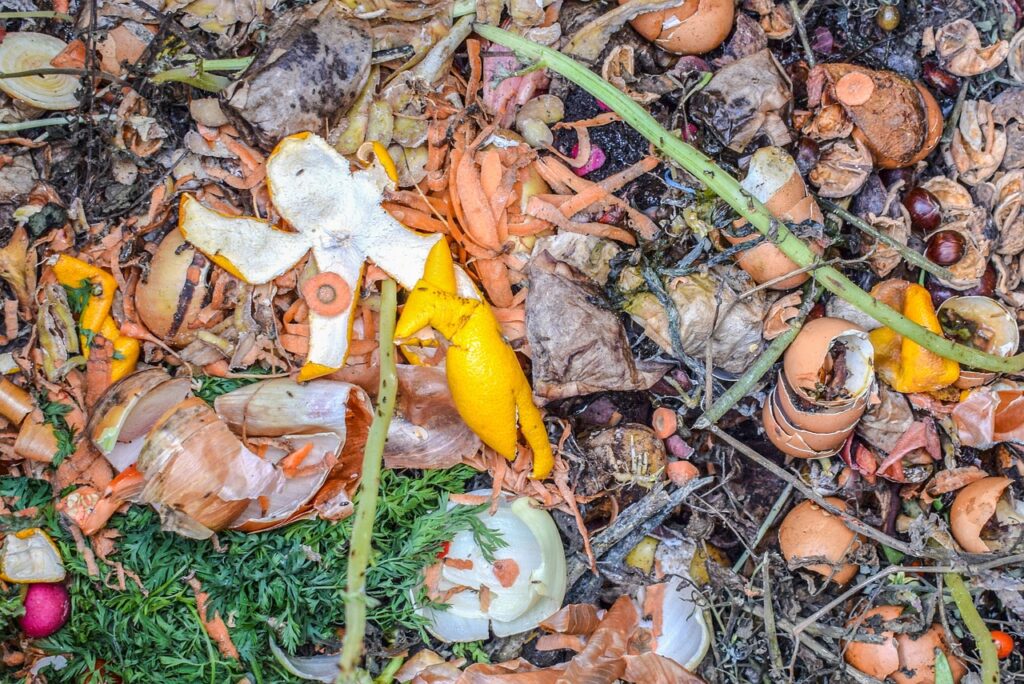
Food waste makes up almost a quarter of the trash in landfills, where it rots and releases methane, a major contributor to global warming. And the nutrients that are released when these food scraps break down are wasted in landfills, when they could be used to beautify your garden. Whether you’re a gardener or not, though, composting your food scraps can make a huge difference in your carbon footprint. Here’s a few pointers on getting started:
First, where should you compost? You can keep a compost bin in your kitchen, or you can create a compost pile outside. When starting a compost pile, create a space in your outdoor area. Start with soil, then add a layer of straw, twigs, or small branches. Then start adding your compost in layers; you’ll want to alternate between “green” and “brown” materials. (Green materials are things like fruit and vegetable peels, coffee grounds, eggshells, weeds, stale bread, and cooked pasta and rice. Brown materials include paper, dryer lint, leaves, pine needles, cardboard, and used coffee filters.) Keep the pile fairly moist—but not sopping wet—and turn the pile every couple of weeks to help the composting process.
Tip #4: Reduce Single-use Plastics
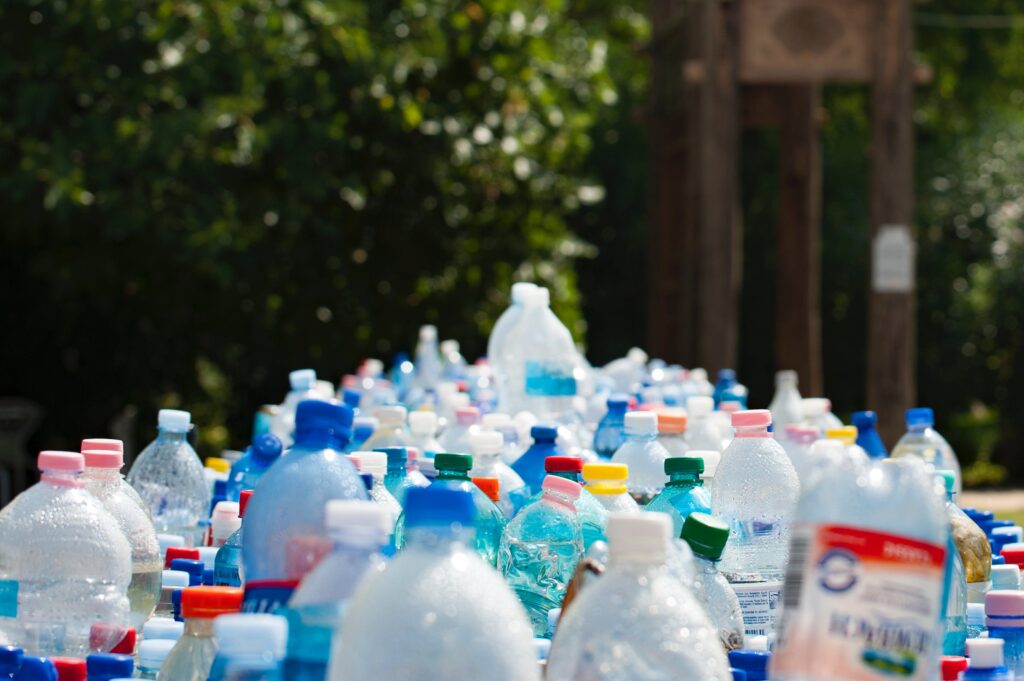
Did you know that by 2050 there will be more plastic than fish in the ocean? Though that statistic is overwhelming, it’s our future if we don’t manage our consumption of single-use plastics. Single-use plastic products are those that are made to use once and throw away, and range from food and beverage containers to plastic bags to laundry detergent bottles. On average, the world produces 430 million tonnes of plastic a year—that’s the same as the weight of the entire human population. And every day, more than 2,000 garbage trucks full of plastic are dumped into our oceans, rivers, and lakes.
This “forever waste” can take up to 500 years to decompose, and even then, it doesn’t disappear completely, posing a real threat to our environment—permeating the water we drink, the food we eat, and the air we breathe with toxic chemicals. Almost half of our seabirds have been found ensnared in plastic, or with plastic inside their bodies, and plastic is found in 1 in 3 fish caught for food. If we want to protect our planet, ourselves, and our animals, we need to make a change.
Chirp is ready to make that change with the launch of our new refillable home and body product section—coming soon!

